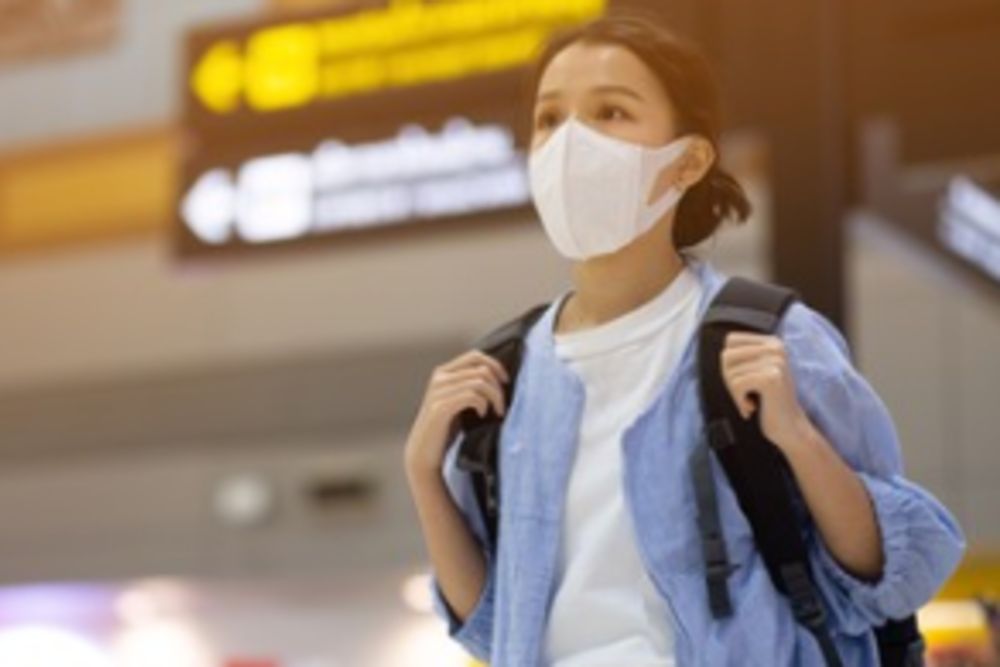
PCR testing is required for recent Red List arrivals and direct flights to Jersey from those countries have been banned.
The countries effected are South Africa, Botswana, Lesotho, Eswatini, Zimbabwe and Namibia.
Dr Ivan Muscat told Channel 103 that recent travellers who visited those countries in the past 14 days will be contacted for testing.
"As a further precaution we are looking back at arrivals from those countries in the last 14 days with a view to ensuring that they have two PCR tests the day that we contact them and five days later, just in case they happen to have brought in Covid and possibly this variant.
What we are doing at the moment is precautionary. It is a variant of interest but it is not yet a variant of concern - we do not know enough about it to do so yet."
Passengers arriving in Jersey from today until Sunday are required to undertake three PCR tests. One on the day of arrival, with another on day five and the third on day 10.
They will be required to isolate until they receive a third negative test result.
At 4am on Sunday, all 'red' arrivals will have to undertake 10 days of isolation in a UK hotel before they can travel on to Jersey.
All direct flights to the island from the countries of concern have been banned.
Chief Minister, Senator John Le Fondré, says he has sympathy for islanders who may have festive plans disrupted.
“There is a strong South African community in Jersey and I am aware of families who are planning to travel to the affected countries to visit family and friends over the Christmas period.
I would like to extend my sympathies to the families who have been required to change their travel plans unexpectedly.
Ministers are receiving regular updates from Public Health and the Scientific and Technical Advisory [Committee] to keep abreast of the emerging variant and to consider any changes to our safer travel policy.
Our sequencing of positive PCR tests remains in place, to provide surveillance on any potential variants."
The UK has now suspended flights from the Red List nations in an attempt to prevent the spread of the variant, which has several mutations.
The new strain has also been found in Belgium. Scientists are attempting to determine if it is vaccine-resistant.


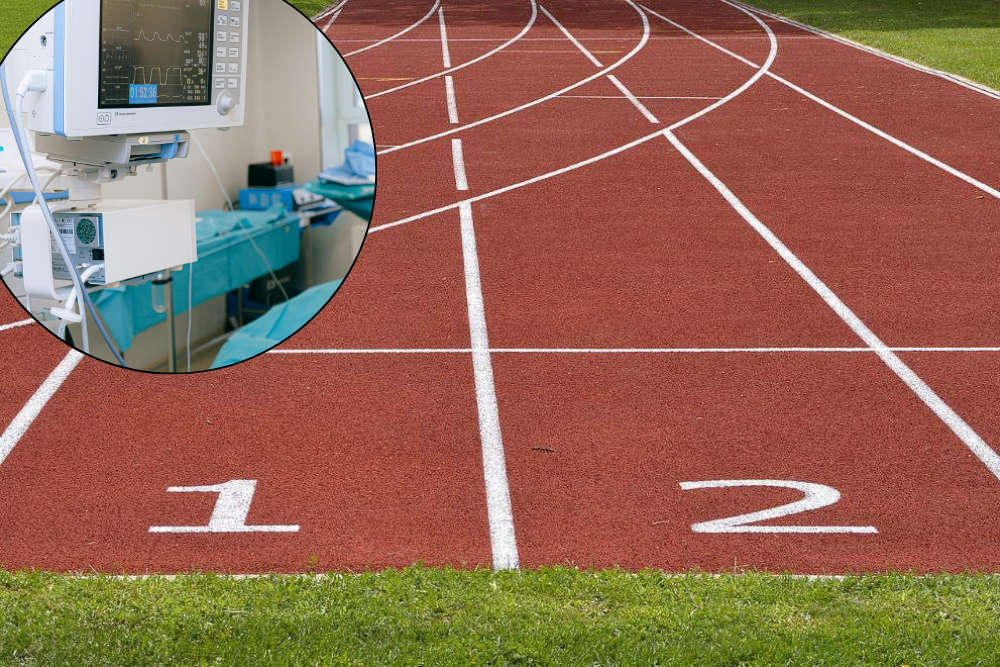 Jersey athlete, Lily McGarry, appeals for donations for prosthetic limbs
Jersey athlete, Lily McGarry, appeals for donations for prosthetic limbs
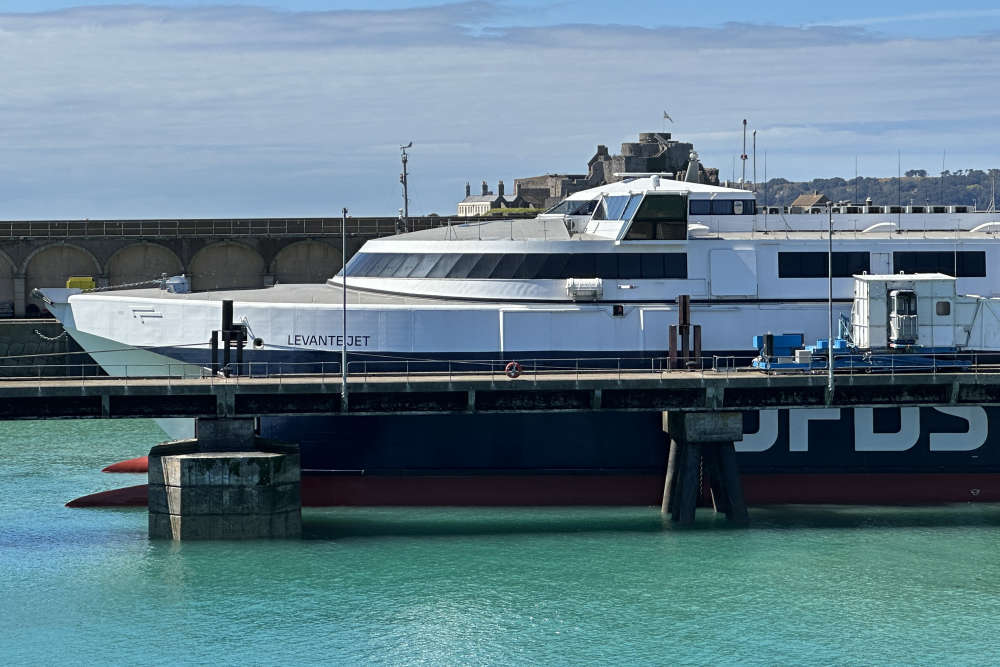 Levante Jet makes maiden voyage to Jersey
Levante Jet makes maiden voyage to Jersey
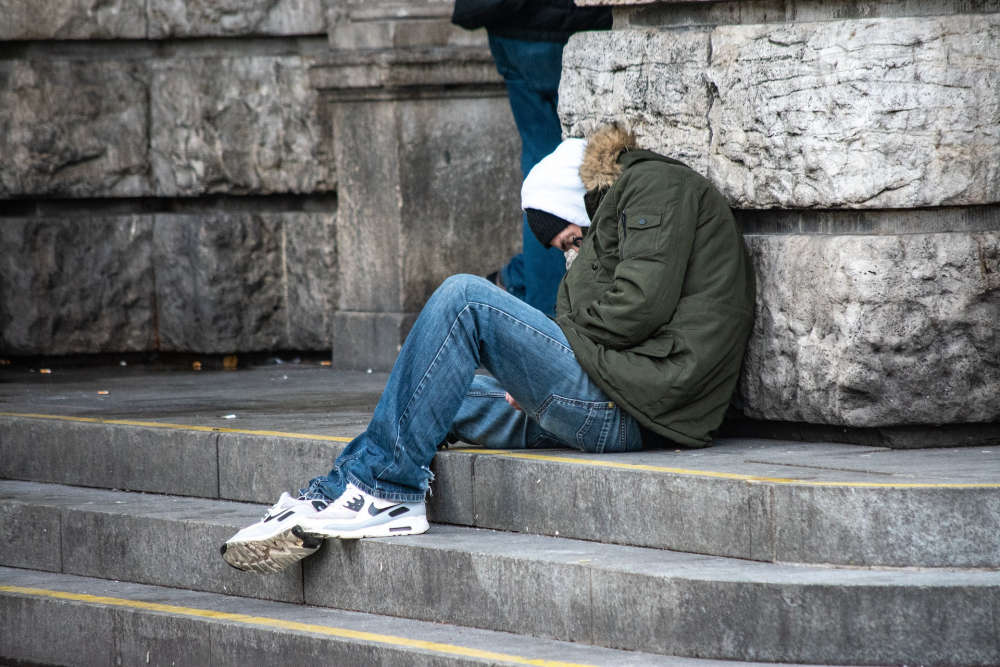 The split between working and non-working Jersey homeless is nearly 50/50
The split between working and non-working Jersey homeless is nearly 50/50
 ArtHouse Jersey launches Liberation 80 exhibition
ArtHouse Jersey launches Liberation 80 exhibition
 Carers offered free training sessions for dementia
Carers offered free training sessions for dementia
 Philip's Footprints introduces new 'Seymour Stroll'
Philip's Footprints introduces new 'Seymour Stroll'
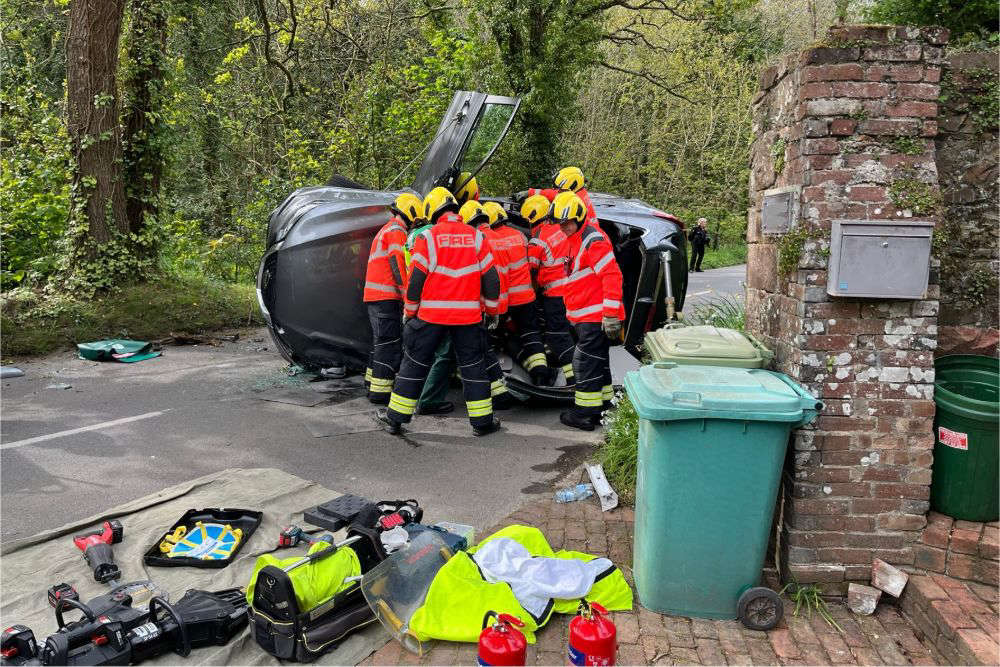 Firefighters save two islanders from serious St Peter car crash
Firefighters save two islanders from serious St Peter car crash
 New Channel Islands catamaran tests well in choppy seas
New Channel Islands catamaran tests well in choppy seas



